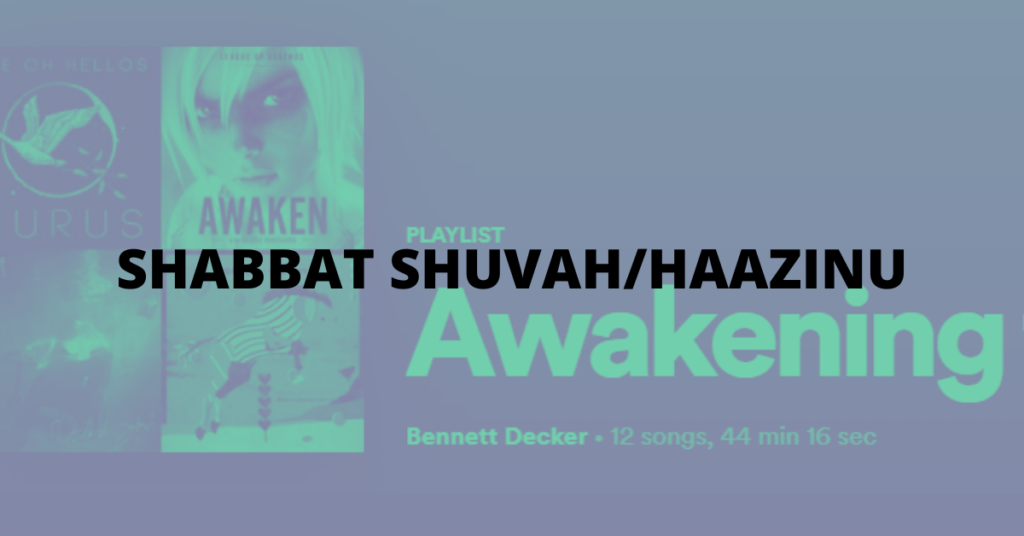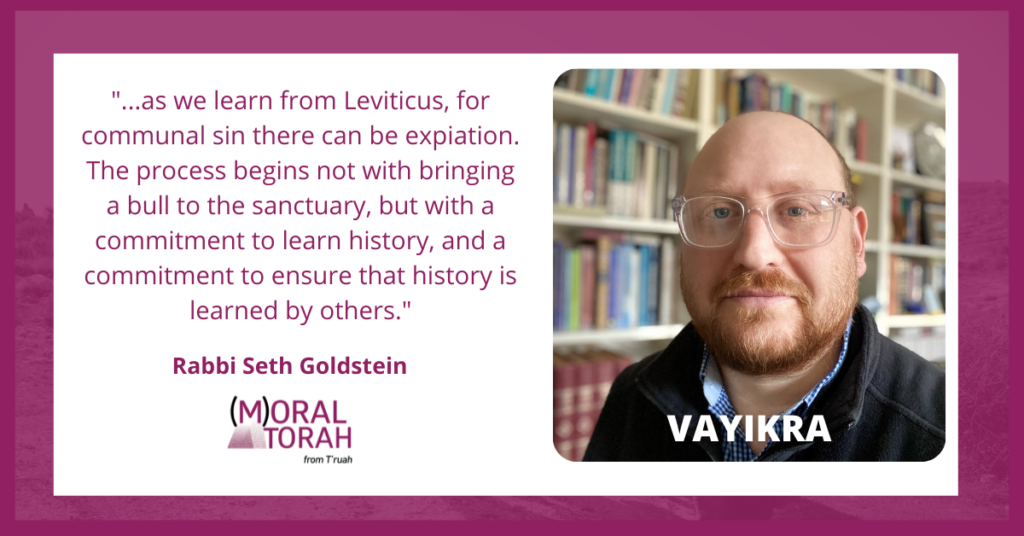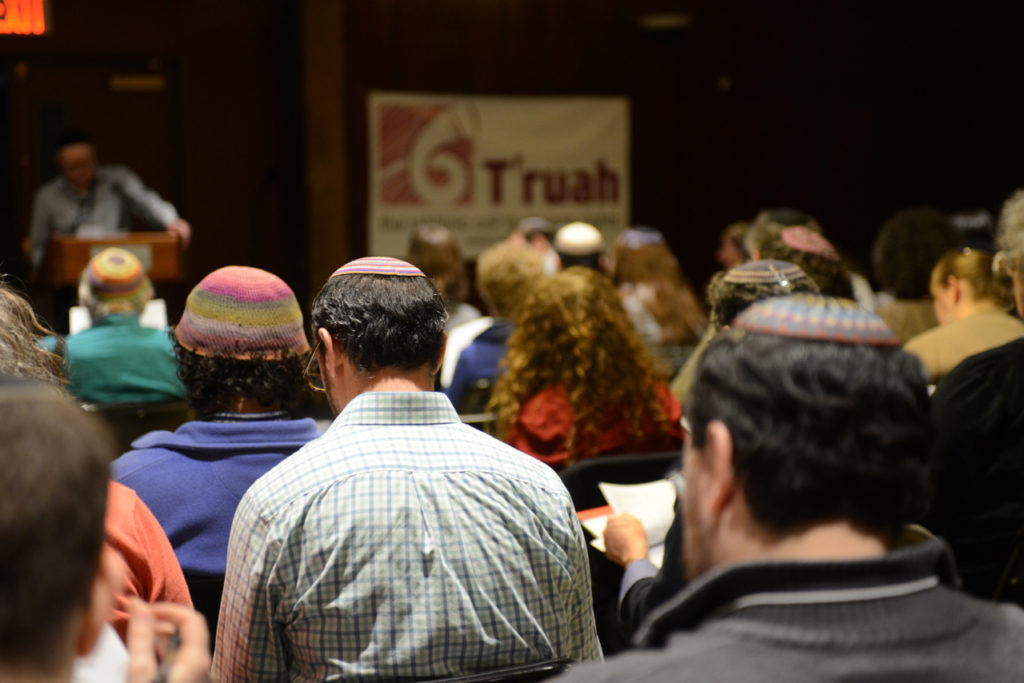
The Fugitive and the Path-Seeker (Parshat Ki Tavo)
Commentary on Parshat Ki Tavo (Deuteronomy 26:1 – 29:8) “…My father was a fugitive Aramean. He went down to Egypt with meager numbers and sojourned there; but there he became a great and very populous nation” (Deut. 26:5). This verse constitutes the kernel of the Passover Haggadah. When we tell our freedom story, we start...
read more






